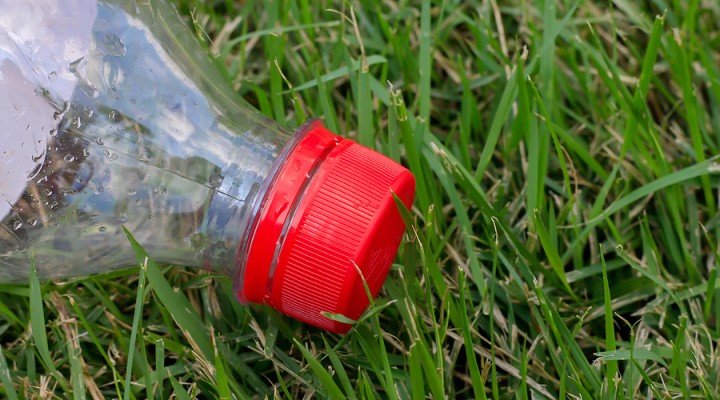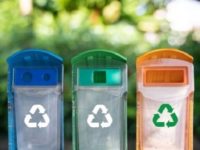Plastic-free smart drinks dispenser start-up Refilled has issued a new report which raises concerns over the environmental impact of soft drink consumption among Australians.
Refilled’s research found that a fifth of Australians consume soft drinks weekly, with 1.5 million Australians drinking a diet or sugar-sweetened drink every single day and more than three million drinking them at least every other day.
The research also found that Australians purchase 15 billion plastic bottles every year, including bottled water and other liquids. Furthermore, Australia generates the equivalent of a 12000 km3 mountain of plastic bottles every year, creating plastic waste as colossal as the size of Uluru.
“Australia’s soft drink habit is leading to a plastic crisis,” Refilled founder and CEO, Ryan Nelson said. “Australians drink millions of soft drinks every week, which are mostly sold in plastic bottles. Only one in five are ever recycled, and plastic bottles that are recycled can only be processed twice before they can no longer be used again. This means that virtually every plastic bottle sold in Australia ends up in landfill.
“The data proves that soft drinks have become a normal part of day-to-day life for Australians. They are hugely popular in virtually every demographic, so we need rethink how we consume them without all the waste,” Nelson added. “We need to learn lessons from the food industry. More people are limiting their red meat consumption because of the environmental impact of beef, or putting more thought into the distance their food travels from farm to plate. I want more people to think of their drinks the same way. We should all be asking: where was this packaged? How did it get here? How could I make more climate-friendly decisions? This information should be displayed on all beverage packaging, and we should try to unbottle as many drinks as possible.”
Refilled has urged the beverage sector to eliminate plastic use, increase transparency, and introduce emissions data on all packaging, adopting the ‘food miles’ concept for drinks.















